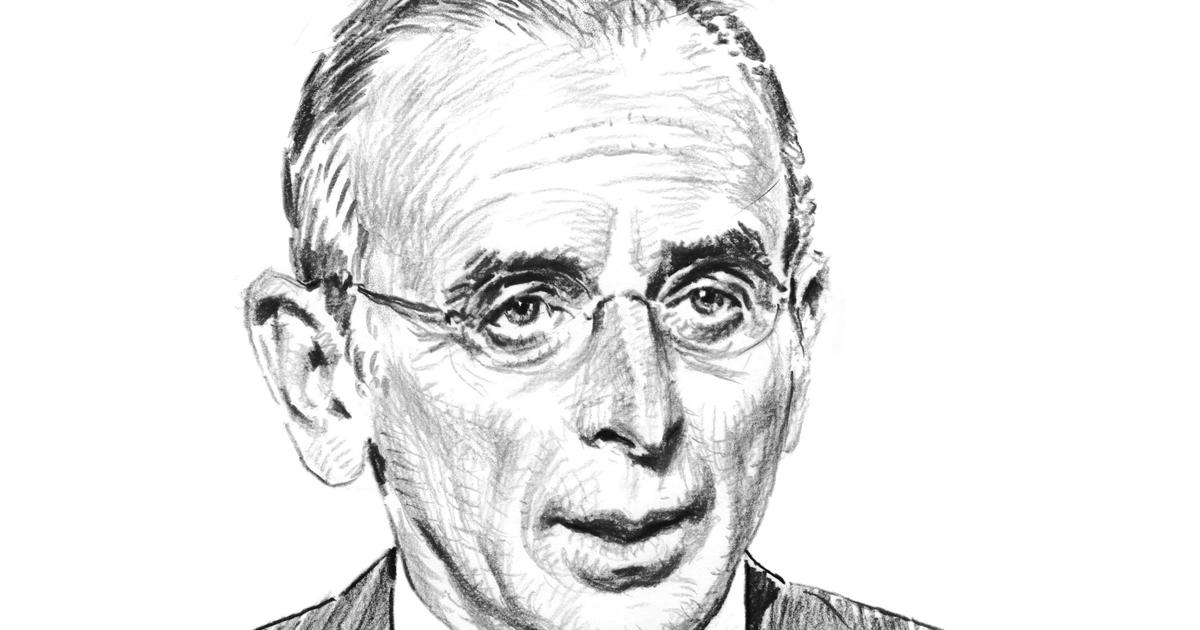Editor's Note: Ben Sherwood, former president of Disney ABC Television Group and ABC News, is the author of the best-seller "The Survivors Club: The Secrets and Science that Could Save Your Life." The opinions expressed in this column are his. See more opinions at CNNe.com/opinion.
(CNN) - As covid-19 cases increase, another trend decreases dramatically. The number of Americans who approve of President Donald Trump's handling of the pandemic is falling sharply.
In late March, according to an ABC News poll, 51% of Americans approved of it. Today, only 38% do. The number of Americans who trust what President Trump tells them about covid-19 is even lower: only 34% place great trust in what he says on the subject. 64% trust him only a little or not at all.
Regardless of your political position, this should be cause for concern. Trust is crucial to our survival. In some ways, it is as important as wearing masks.
For more than a decade, I had the opportunity to interview some of the world's most remarkable survivors: a cyclist who fought a mountain lion, workers who escaped the burning towers of September 11, metastatic cancer patients who lived more years than the doctors predicted. Their stories show the power of adaptability, purpose, ingenuity, and determination.
They also show the power of faith: believing in something, trusting in something greater than themselves.
To survive this pandemic, trust in divinity will not be sufficient in itself. We must trust humanity. We need trust in the institutions and people leading the crisis, trust in the experts to inform us, trust in others.
This, as we all experience, is true at the most basic level. Do we trust that the supermarket we go to takes the proper precautions? At the dentist? In our friends?
Even if the answer is yes, we know that will not be enough. If citizens are to follow public health guidelines, they must trust that government decisions are impartial and fact-based. If we are going to send our children to school, there is a chain of people that we will have to trust. And let's think about the chain of laboratories and regulatory agencies and manufacturers and distributors and scientists involved in a vaccine. That would mean a giant leap of confidence.
However, the only leap we are taking today is backwards.
Much of the mistrust in President Trump is self-inflicted, a product of his months of delay, denial and dissimulation. Even if those patterns were to change tomorrow, and there is no indication that they will, it is probably impossible for Trump to rebuild his confidence in him.
But the problem is deeper than that. Trust in government, academia, science, the media, technology, religion and even other citizens has been declining, fueled by a systematic campaign to break it down. And for technology, which rewards immediacy over precision and negativity over nuances.
For some, the unwillingness to trust, even when presented with unequivocal deeds, has become as unshakable as any religious faith. For others, trust has been eroded by falsehoods, bad decisions, and mistakes in high places. It should come as no surprise that trust is lower in communities that have been systematically abused by those in power.
However, the 7.8 billion people on this planet were thrown into the same lifeboat. The only way to get ashore is to trust each other. So how can we rebuild trust at a time when everything is so fractured?
First, paradoxically, we must choose where not to place our trust. Leaders who have proven themselves consistently dishonest have earned our mistrust. At some point, it becomes dangerous to give someone the benefit of the doubt.
But, secondly, we must be attentive to the leaders and institutions that are facing the challenge of the moment with frankness. For good reason, a substantial majority of Americans still trust Dr. Anthony Fauci and the Centers for Disease Control and Prevention.
Third, we need to hold institutions accountable to the facts and to the public. Politicians must tell us the truth and not sell false hopes. Business leaders must also demonstrate, through their actions, that they are putting the well-being of their workers and customers at least on par with their results.
The media, where I have worked most of my career, also has a heavy burden: To regain confidence, you must avoid reacting to provocation or distraction and focus on what really matters. And to do it through legal responsibility and humility. Law enforcement must begin a long and difficult process, to demonstrate that it is reliable in protecting rather than oppressing or abusing the communities it has vowed to serve.
Fourth, and finally, we must recognize that trust is not a binary choice: blind trust or no trust at all. There is a middle ground. In an influential article, social psychologist Roderick M. Kramer argued for what he called "moderate" confidence. This recalls the proverb that Ronald Reagan liked to quote: "Trust, but verify." That is moderate confidence. If necessary, it can be removed.
In practice, moderate trust requires participation. It means that if you are not comfortable with a barbecue on a patio, ask your hosts how they are going to keep everyone safe. If you're nervous about going back to work, check with your employer about your specific plans to protect the office. Moderate confidence means taking calculated risks.
The cavalry will not come to rescue us in the battle against the covid-19. We are the cavalry. And through our individual actions, to trust and be trustworthy, we strengthen the chain that unites us. Doing so could be our biggest challenge, but in this fight for survival it could also be our only hope.





